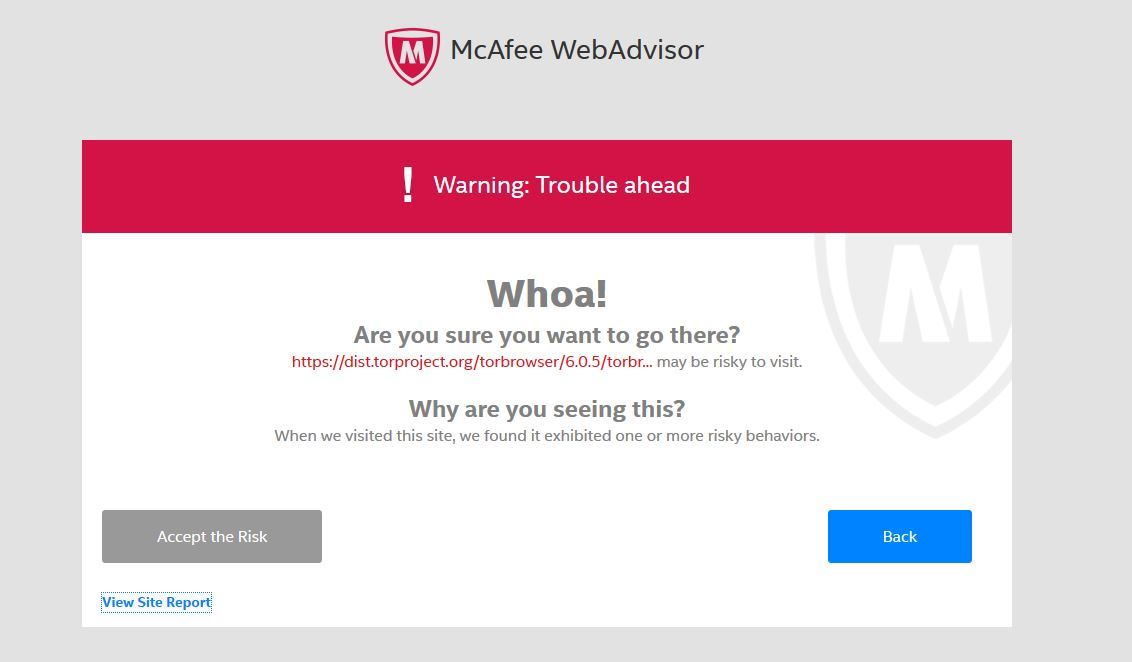


However, you should still watch the browser URL bar to ensure that websites you provide sensitive information to display a padlock or onion icon in the address bar, include in the URL, and display the proper expected name for the website.Īlso see EFF's interactive graphic explaining how Tor and HTTPS relate. To help ensure private encryption to websites, Tor Browser includes HTTPS-Only Mode to force the use of HTTPS encryption with websites that support it. Tor will encrypt your traffic to and within the Tor network, but the encryption of your traffic to the final destination website depends on that website. Similarly, we do not recommend installing additional addons or plugins into Tor Browser, as these may bypass Tor or otherwise harm your anonymity and privacy. Tor Browser will block browser plugins such as Flash, RealPlayer, Quicktime, and others: they can be manipulated into revealing your IP address. Not only do you deanonymize your torrent traffic and your other simultaneous Tor web traffic this way, you also slow down the entire Tor network for everyone else.

Torrent file-sharing applications have been observed to ignore proxy settings and make direct connections even when they are told to use Tor.Įven if your torrent application connects only through Tor, you will often send out your real IP address in the tracker GET request, because that's how torrents work. The best defense is to be vigilant and extremely cautious when filling out web forms. If you sign in to that website, they still don't know your location but they know who you are.įurther, if you provide: name, email, address, phone number, or any other personal information, you are no longer anonymous to that website. Unfortunately many sites ask for more personal information than they need through web forms. If you visit a website using Tor Browser, they don't know who you are or your true location.


 0 kommentar(er)
0 kommentar(er)
